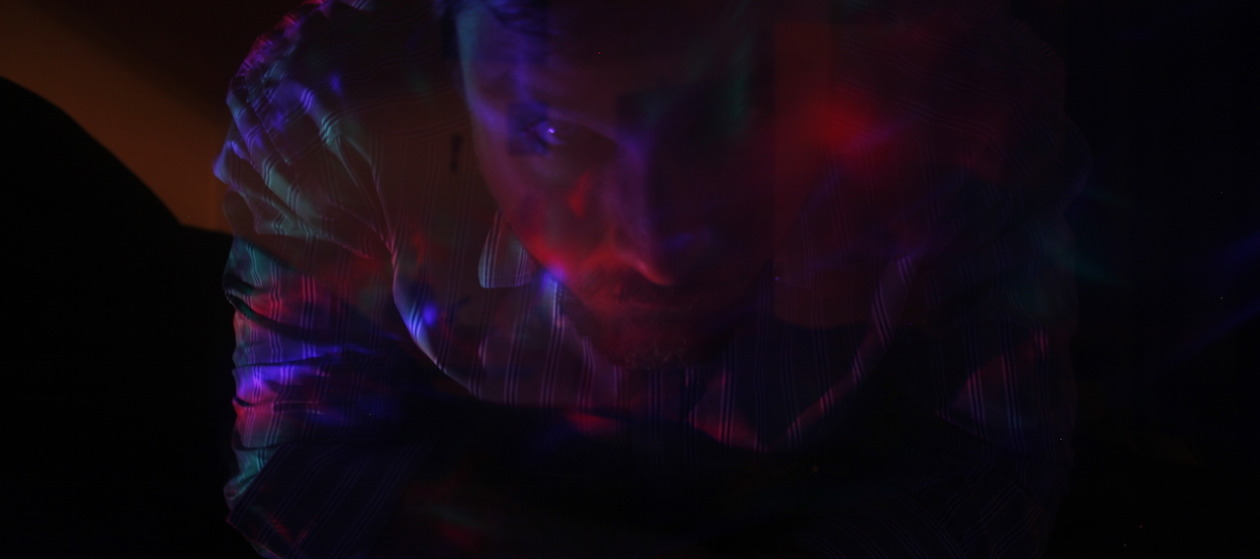The lifestream/blog has been a challenge for me to create and looking over the past 12 weeks of posts and information it’s given me an overview of what I have achieved and done on the course. The structure is very similar to a learner portfolio and would most definitely be an option for my learners to do in future courses. Creating the blog and working on it, adding relevant links, information, and material has been both engaging and novel. Towards the end, due to work engagements and other issues I wasn’t able to keep up the initial activity I started with and somewhat petered out. Over the course of the first block I had the time to really get involved, collecting images via Pinterest, posting links to relevant films and discussing items with my peers on the course. I would have liked to pull these conversations into the stream, and looking back over the blog it is something I missed out on.
I think the best way to look at the experience of the lifestream/blog is to break it down into its three components and share some of the ideas/feelings I had over the twelve weeks.
Block One: Cyberculture
This was the most engaging block for me. I have a background in film studies and looking at the way Cyberculture is treated in society today was enthralling. The film festival was great and chatting about the films as we watched them was something totally new for me. Linking the opinion of Cyberculture and education; how some aspects may be stigmatised and difficult to accept in society was also something I had not contemplated before the EDC course. There tended to be a trend of fear/positivity towards all things cyber in society at the moment. Creating the artefact and putting all the images together was also a labour of love.
Block Two: Community Culture
The mini-netnography could have been an entire course in itself, it was difficult not to get lost out there! Looking at course content, social interactions, knowledge formation, and course delivery would have made this impossible. The idea of focusing on different users in different languages will most likely be a theme I will come back to in the future in order to research further. I found it was very difficult to stay a lurker and not be involved, but later realised that I may have affected the outcome of the study by guiding conversations and being a direct participant. Ultimately, looking back of the netnography of my peers I wish I could have afforded more time to presenting the information and findings. My peers did an incredible job in presenting their data, and their work made for really interesting reading.
Block Three: Algorithmic Culture
This section on algorithmic culture was awe-inspiring. From the algorithmic play, to looking at the tweetorial results through tools on the net. Deciding who controls the algorithm and the important part in the formation of culture are two themes that I enjoyed the most and I am sure I will come back and focus on them later on.
In summary, the EDC course has an incredible selection of readings/materials combined with highly relevant tasks/activities, it is also very self-reflexive and pushes the learner to contemplate further areas of study related to each block. Many thanks to my peers and tutors on the course, I look forward to sharing the final assignment here.







 into liking rom-coms, superhero based action films, and documentaries on drug traffickers. I didn’t have a mixture of different genres to choose from. My choices, right from the beginning, were limited to recent viewing folly.
into liking rom-coms, superhero based action films, and documentaries on drug traffickers. I didn’t have a mixture of different genres to choose from. My choices, right from the beginning, were limited to recent viewing folly.

